|
|
|
|
Researchers want their findings to be put to good use, and we often hear university leaders talking about engagement and impact. And given that governments, industry and philanthropists fund research, it’s only right that it’s shared widely.
But there’s a catch, say Margaret Merga and Shannon Mason. Researchers feel the expectation to engage with non-academics, but lack the support and time to do so, with universities still attaching more value to traditional scholarly publication.
Meanwhile, out in the increasingly unbelievable real world, we’re all waiting to see what Donald Trump will do next as his presidency draws to a chaotic close. We’ll analyse the week’s events in Washington as they unfold.
|
John Watson
Section Editor: Higher Education; Cities + Policy
|

|
|

Life and Times/Shutterstock
Margaret Kristin Merga, Edith Cowan University; Shannon Mason, Nagasaki University
Researchers will struggle to meet universities' expectations of engagement beyond academia until this work is better recognised as part of their duties.
|
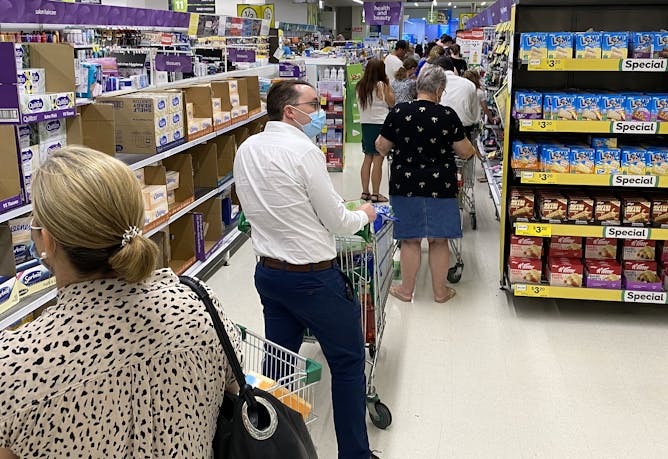
Darren England/AAP Image
Catherine Bennett, Deakin University
Greater Brisbane will spend the next three days in lockdown, although this time around it's to ensure no further spread from a single known case, rather than to suppress an existing outbreak.
|
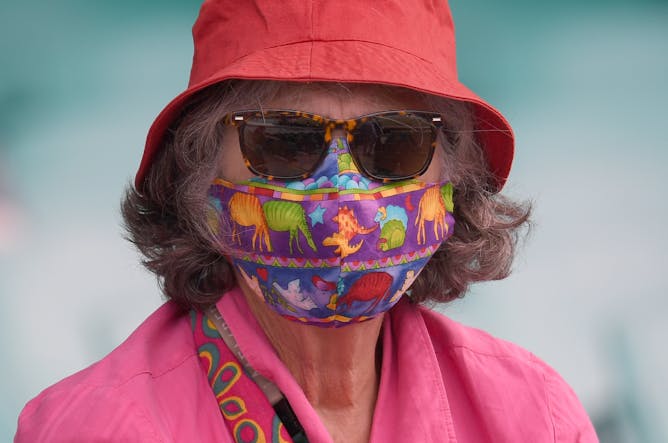
Dean Lewins/AAP
Robert Hoffmann, RMIT University; Swee-Hoon Chuah, University of Tasmania
With many more months of lockdowns, mask mandates and quarantining in our futures, the government needs to get its messaging just right and we all need to manage our expectations appropriately.
|
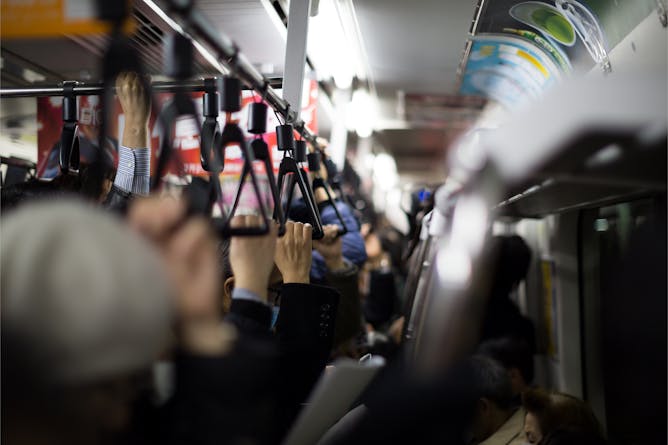
Shutterstock
Meg Elkins, RMIT University; Robert Hoffmann, RMIT University
Most of us dislike commuting. But there are ways to make it a more positive experience.
|
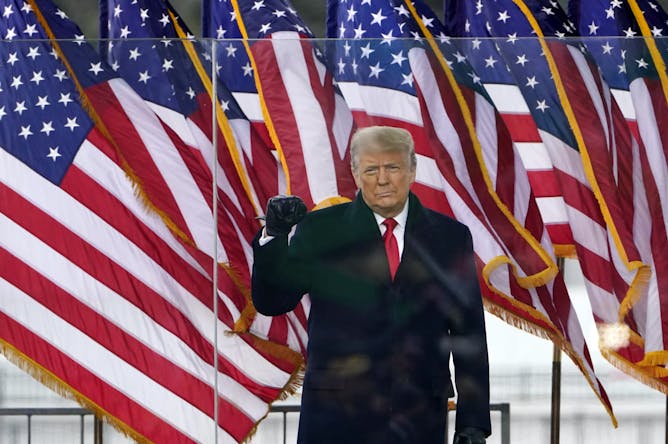
Just because he’s leaving office doesn’t mean Donald Trump will stop being a threat to democracy.
AP Photo/Jacquelyn Martin
James D. Long, University of Washington; Victor Menaldo, University of Washington
Scholars of democracy say the real threat to the nation will come after Trump leaves office.
|
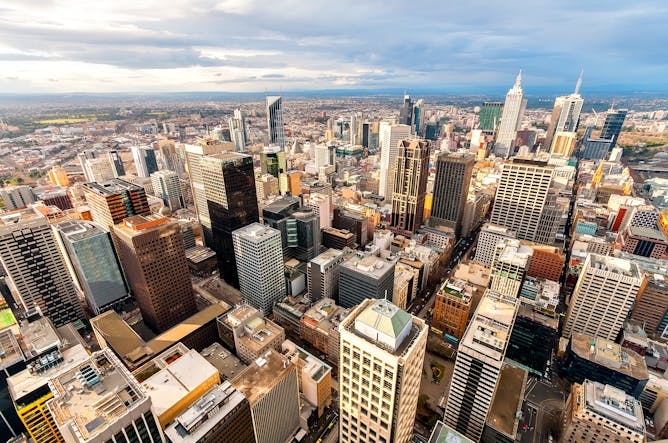
Shutterstock
Mark Maund, University of Newcastle; Kim Maund, University of Newcastle; Marcus Jefferies, University of Newcastle; SueAnne Ware, University of Newcastle
Cities occupy just 3% of the Earth's surface, yet more than half the world's population live in urban environments. We need nation-wide plans to keep our cities cool so no one gets left behind.
|
Politics + Society
|
-
Thomas Klassen, York University, Canada
After blazing an unprecedented post-election path of inciting violence, Donald Trump's path forward contains some potential landmines.
-
Andrew Janusz, University of Florida
A race-changing scandal raises suspicion about the motivations of 4,580 newly elected city council members and mayors who only recently began to identify as Black.
-
Tom Nolan, Emmanuel College
A criminologist and former police officer reviewed the police operations at the Capitol and raises concerns over how an angry mob was able to circumvent security.
-
Brendan Clift, University of Melbourne
Britain accused China of deliberately misleading the world after the arrest of 50 pro-democracy figures under Hong Kong's new national security law.
|
|
Science + Technology
|
-
Timothy Graham, Queensland University of Technology
Years ago it may have been inconceivable to think events such as today's riots could occur. But the writing was on the wall — and we missed our chance to fix things.
|
|
| |
Featured jobs
|

|
|

|
— Melbourne VIC, Australia
|

|
— Melbourne VIC, Australia
|
|
|
|
| |
| |
| |
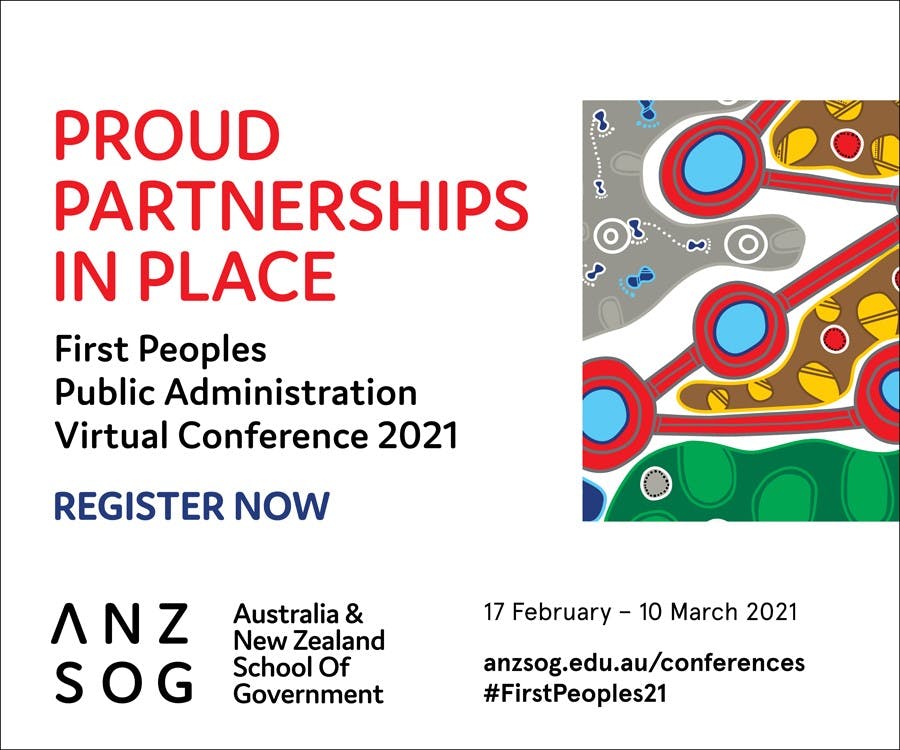
|
| |
| |
| |
Featured Events & Courses
|

|
Level 21, 15 Broadway, Ultimo, New South Wales, 2007, Australia — University of Technology Sydney
|
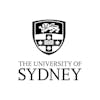
|
79/6 Stanley St, Darlinghurst, New South Wales, 2010, Australia — University of Sydney
|

|
Online, AEDT, Victoria, 3000, Australia — Australia New Zealand School of Government
|
|
|
|
| |
| |
| |
| |
| |
|
|
|
|
|
|
|